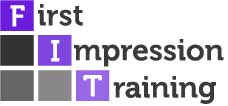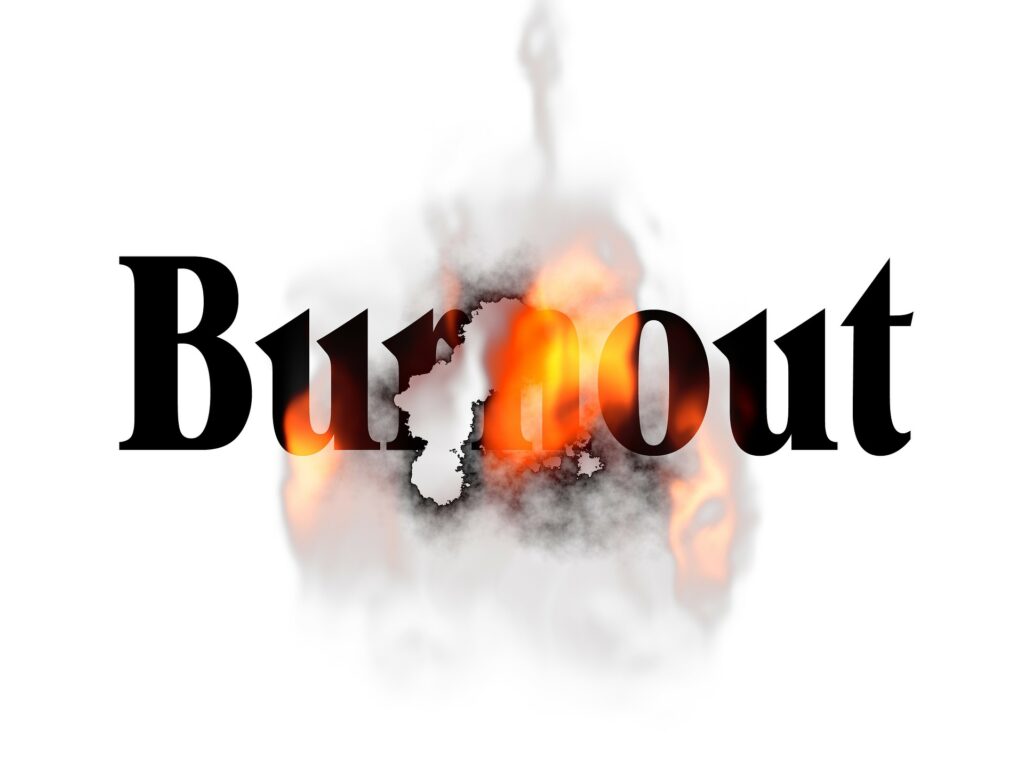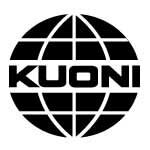In 2019 ‘BURNOUT’ made it into the WHO’s International Classification of Diseases. It’s the result of feeling emotional, physical and mental/work stress for prolonged periods of time and refers to growing feelings of exhaustion, mental distance &/or negativity towards our work.
Clinical Psychologist Sofia Gerbase of Unmind, the mental health & wellbeing experts, refers to BURNOUT as a syndrome, caused as a result of a systemic issue which of course, has been widely exaggerated over the last couple of years, thanks to Covid and the devasting effects the pandemic has had on everyone – both in the workplace and at home.
I recently attended a very interesting webinar led by Sofia and Culture Amp’s Senior People Scientist, Jess Brannigan, all about how individuals and organisations can prevent burnout through cultural change.
It’s a really complex topic and one that needs to be considered (and acted upon) at all levels if culture change is to be effective – at individual, team and organisational level.
While the symptoms of BURNOUT are well defined, the explanatory lines between stress and burnout are less clear, except to say that the key difference between the two appears to be one’s ability to ‘recover during down time’.
American professor of psychology, Christina Maslach, who is well known for her research on occupational burnout, describes the experience of burnout as “an erosion of the soul caused by a deterioration of one’s values, dignity, spirit and will.”
WOW! that sounds like a pretty serious syndrome, wouldn’t you agree!?
The downward spiral into BURNOUT has 3 distinct symptoms, according to Maslach:
- Exhaustion – feeling physically and emotionally drained, depleted and worn out by work, with an inability to recover during non-working hours.
- Cynicism – feeling negative, cynical &/or mentally distant from work and the people within the workplace – managers, colleagues, customers and clients alike.
- Inefficacy – viewing work negatively, without value or meaning and having a reduced sense of personal accomplishment &/or feeling incompetent.
The McKinsey report 2021 reported that 49% of respondents felt at least “somewhat burned out” at work, yet the latest research shows an increase of 14%, with 63% of respondents referencing Covid as a direct effect of their feeling of burnout – yet more proof it’s a systemic issue, I guess?
However, burnout is not binary – it develops over time and has 4 distinct phases, according to Unmind: Honeymoon – Onset of Stress – Chronic Stress – Burnout and each phase has its own characteristics….
Phase 1 often sees us having effective strategies in place to deal with the ever-growing challenges and responsibilities we assume at work (or which are thrust upon us) and we may even adopt a heroic or proud stance about how resilient or tough-minded we are to be able to deal with the tricky things our work-life throws at us.
Phase 2 often sees increased demands that outweigh resources coming into play and this is where we may start to lack concentration or struggle with fatigue &/or experience increased anxiety or have trouble sleeping or switching off.
Sometimes, we can move to Phase 3 quite quickly, as acute stress starts to set in – our energy slumps and we may notice a definite dip in our physical health or self-care.
Phase 4 can then be upon us before we have time to grasp what’s happening, as burnout sets in and we begin to feel isolated, overwhelmed with a sense of emotional helplessness and lack.
Think of STRESS as too much of something. Think of BURNOUT as not enough of something.
So, burnout affects a person’s ability to do their job and live a fulfilling life – that’s clear to see. And there are contributory factors to burnout that determine if, or to what extent, burnout can wipe out an individual’s capacity to ‘recover’ and overcome the devastating effects it can cause.
Contributory factors include:
- Organisational culture
- Societal expectations
- Individual differences
How organisations design the employee experience can be pivotal in whether burnout occurs in the first place and indeed, employee psychological health & wellbeing should be prioritised as much as physical health & safety practices are in the organisation.
We’ve waxed lyrical in many a FIT Matters blog about the positive alignment between employee experience and customer experience AND the direct correlation between happy and engaged staff with levels of productivity and profit – there’s a myriad of research on the World Wide Web that can prove that. So, we can all take it as read that an engaged and happy workforce makes for a healthy organisation far less likely to experience burnout on its frontline!
Burnout requires a proactive approach from the outset, if it’s to be overcome or avoided in the first instance – prevention, early identification and intervention (in that order) will ensure the ‘too little, too late’ scenario doesn’t become commonplace.
When it comes to putting effective solutions and strategies in place for managing burnout among the workforce, both Unmind and Culture Amp concur that it’s EVERYONE’S responsibility to act upon it – the individual, the leader(s) AND the organisation as a whole.
Focusing on what we CAN control, as opposed to festering on what we CAN’T control is a great place to start from an individual perspective.
What’s within your sphere of influence?
Often, what we can CONTROL we can also CHANGE – you may well recall that old adage “accept the things you cannot change and change the things you cannot accept!” It’s a good reminder when you’re facing burnout, of exactly what you have within your power, so use that control to your advantage!
You control your holiday allowance – have you taken what’s owed to you?
You control what time you switch off from your work emails of an evening – is your laptop permanently on?
You control whether you take a lunch break or go for a walk midway through the day – are you glued to your desk?
You control what can be effectively delegated – are you being a control freak and hanging on to tasks which others could easily do for you?
You control how many hours a day or week you work or whether you work at weekends or late into the evening – are you managing your time effectively or disciplining yourself well enough to use those SAME 86,400 seconds that every human being has wisely?
Channelling your energies into what you CAN control if/when you’re faced with burnout is a really good use of those 86,400 seconds a day, for sure!
Self-care is another really big thing that falls nicely within your sphere of influence – are you saying NO and setting those boundaries in place as much as you should?
Are you setting specific time aside each morning or evening for quiet reflection, meditation, journaling, walking, exercise of some kind – anything that nourishes your body and mind?
What about structured stretch breaks and ensuring you’re properly hydrated?
Are you snatching food on the go or planning proper meal times and ensuring a healthy diet?
What about the occasional treat for yourself? When was the last time you enjoyed a relaxing massage or chill-out with the lads? A trip to the cinema or mini break with your loved one?
Self-care can be a lifesaver for burnout.
You HAVE to put on your OWN oxygen mask FIRST if you’re going to stand any chance of helping others manage THEIR daily toils and strife, right?
Finally, I want to talk about BELIEFS – and the importance of CHALLENGING those beliefs if/when you’re faced with burnout in the future….
We have helpful and unhelpful beliefs we hold true – and either way, we have the control to change them!
Perhaps you have a belief that putting yourself first, attending to your own self-care as a priority is a selfish thing to do?
Perhaps you’ve always been taught that other peoples’ needs are more important than your own and so, tending to your own wellbeing needs seems at odds with your core being?
Or maybe you’ve put unrealistic expectations on yourself for so long, you hold the belief that you HAVE to be running at 100 miles every day, otherwise you won’t be ‘good enough’?
Perhaps you’ve got perfectionitis 😊 and believe that unless you work yourself into the ground, things won’t turn out exactly as they should? Or that you HAVE to be doing everything yourself because you believe that no one else can do it as well as you can!?
All I ask of you is this….
How is this belief true for you?
What evidence do you have?
Is that proof still relevant or applicable today?
What’s the opposite of that ‘limiting’ belief you hold?
Could that empowering belief be true (or truer) for you instead?
How might your situation change if you upheld this empowering belief right now?
There’s an old saying that goes “we can NEVER be more than we believe is possible” and so, I urge you to start believing in possibilities today – start focusing on those things which are within your control and CAN be changed and challenge those beliefs that are not serving you anymore.
Remember – STRESS and BURNOUT are different phenomenons (too much vs not enough)
It’s important to define and recognise the symptoms early, as outlined above, so that you can channel your energies positively into putting the right strategies in place to deal with that downward spiral, if/when you ever come face to face with it in the future….
Until next time – burn bright, don’t burn out ✨
Best regs
Marie X



















